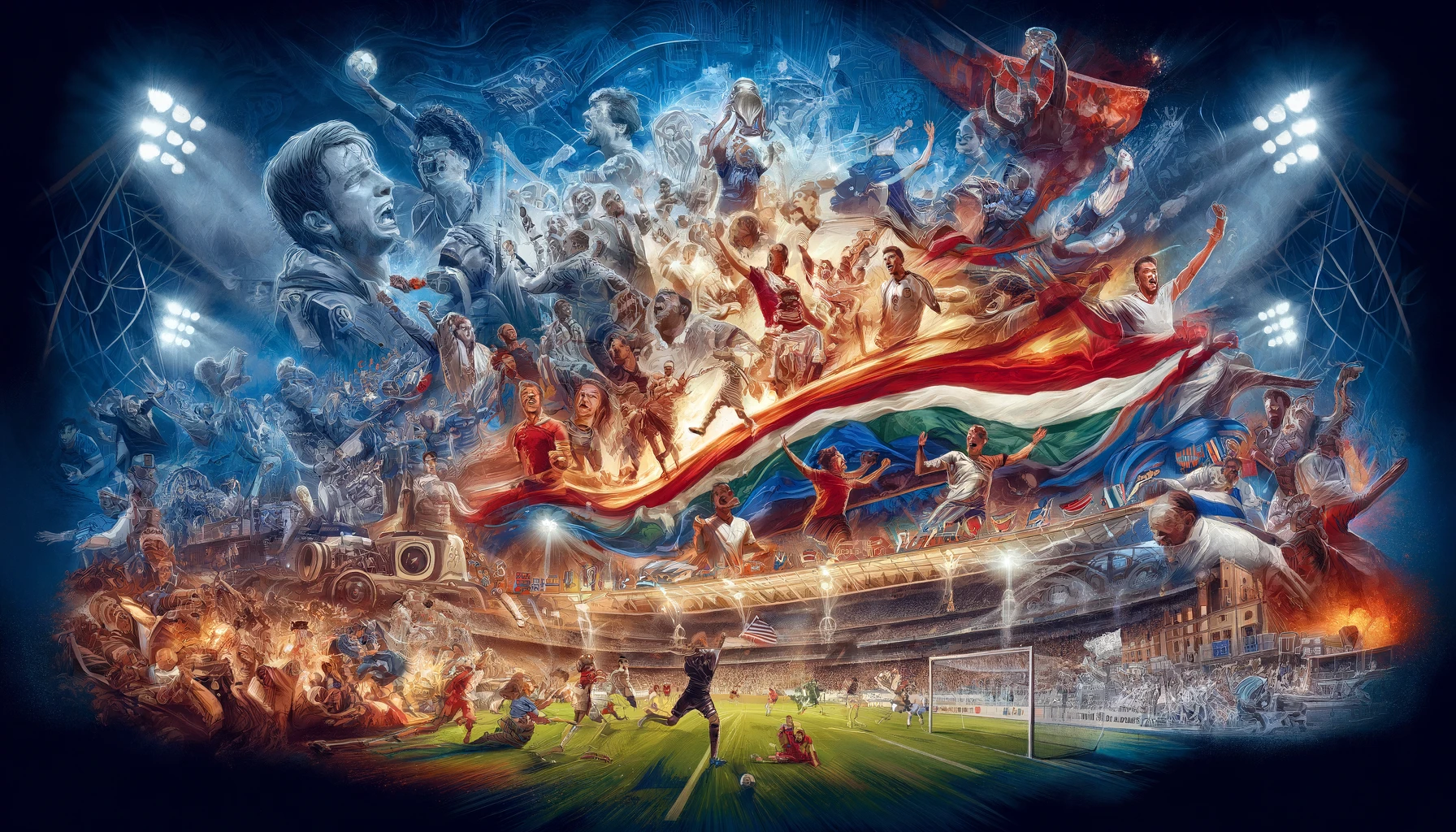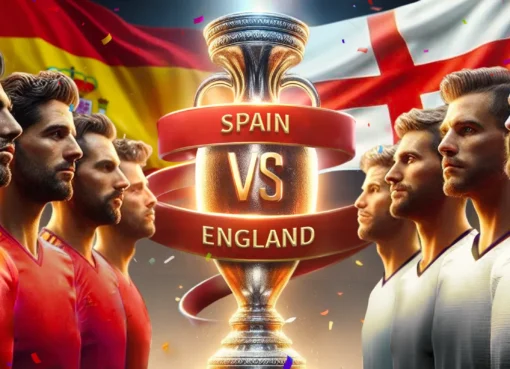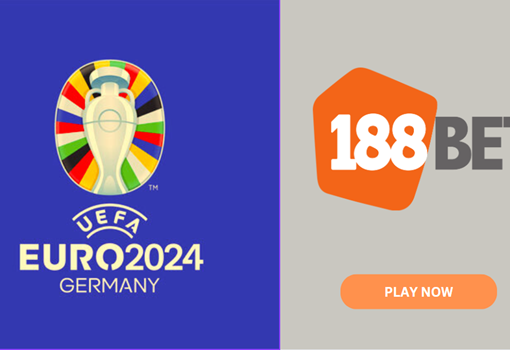From The Beginning: A Look Back at Euro Tournament History

Euro history is a captivating journey through the evolution of one of football’s most prestigious tournaments. From its inaugural edition to the present day, the UEFA European Championship has captivated fans worldwide with its thrilling matches, iconic moments, and unforgettable performances.
Inception and Early Years: 1960-1976
The Euro tournament’s inception in 1960 marked a significant milestone in European football history. Held in France, the inaugural edition saw the Soviet Union emerge triumphant, overcoming Yugoslavia in a thrilling final to clinch the title. As the tournament unfolded, its popularity soared, prompting expansion and greater participation in subsequent editions. With each passing year, the Euro tournament grew in stature, capturing the imagination of football fans across Europe and beyond. The early years laid the foundation for the tournament’s legacy. It has set the stage for the thrilling encounters and memorable moments that would define Euro football for generations to come.
Expansion and Innovation: 1980-2000
The 1980s heralded a transformative era for the Euro tournament, characterized by expansion and innovation that redefined the competition. With the introduction of group stages followed by knockout rounds, the tournament format changed significantly. It has added group stages and knockout rounds for more excitement. This enhanced drama and viewer experience.
Amidst changes, the Euro saw unforgettable moments, etching themselves into football history. Michel Platini’s virtuoso performances for France in 1984 stand as a testament to individual brilliance. Consequently, he spearheaded his nation to glory with a series of mesmerizing displays. His exceptional goal-scoring and leadership endeared him to football fans globally, cementing his status as a tournament icon.
Similarly, Denmark’s fairy-tale triumph in 1992 stands as a shining example of the magic and unpredictability inherent in the Euro tournament. Despite entering the competition as late replacements, the Danish national team defied all odds to claim an improbable victory, stunning the footballing world with their remarkable journey to the top. Their triumph served as a poignant reminder of the tournament’s capacity to produce underdog stories of unparalleled drama and inspiration.
Collectively, these moments epitomize the essence of the Euro tournament during the period spanning from 1980 to 2000. As the competition continued to evolve and captivate audiences, the competition solidified its status as a must-watch event globally. Expansion and innovation paved the way for continued success and legacy.
Globalization and Modernization: 2004-2020
Between 2004 and 2020, the Euro tournament underwent significant globalization and modernization, aligning with football’s international evolution. Popularity and accessibility surged.
One of the most notable developments during this time was the expansion of the tournament to include more teamsThis expansion not only broadened the scope of the competition but also provided opportunities for smaller nations to make their mark on the international stage. Witnessing underdog teams rise to challenge traditional powerhouses added excitement and unpredictability. Indeed, it has captivated global audiences during the tournament.
In addition to the increased participation, the modernization of the Euro tournament was also evident in the selection of iconic venues to host matches. Stadiums such as Wembley Stadium in London and the Allianz Arena in Munich became synonymous with Euro football, serving as the backdrop for some of the most thrilling and memorable matches in tournament history. These world-class venues not only provided state-of-the-art facilities for players and spectators but also added to the spectacle and grandeur of the tournament as a whole.
Euro 2024: A Landmark Edition
Euro 2024 is poised to make its mark as a seminal chapter in the storied history of the tournament. With Germany playing host, this edition promises to be a celebration of footballing prowess, camaraderie, and fervor. As the tournament draws near, anticipation is mounting among fans worldwide, eager to bear witness to the unfolding of a new era in Euro football.
Hosted by Germany, Euro 2024 holds immense significance for football enthusiasts across the globe. As a nation steeped in footballing tradition and excellence, Germany is poised to provide the perfect backdrop for this landmark edition of the tournament. With its state-of-the-art stadiums, passionate fans, and vibrant football culture, Germany is set to deliver an unforgettable experience for players and spectators alike.
Euro 2024 epitomizes unity and camaraderie beyond match excitement. Teams converge, uniting nations through sport’s transcendent power. Joy, defeat emotions showcased.
Moments and Matches in Euro History
The Euro tournament stands as a treasure trove of iconic moments and unforgettable matches that have defined footballing history. With each edition, fans have been treated to a spectacle of thrilling encounters, heart-stopping drama, and jaw-dropping displays of skill and athleticism.
From the dramatic late goals that have decided matches in the dying moments to the nerve-wracking penalty shootouts that have left fans on the edge of their seats, the Euro tournament has delivered countless moments that will forever be etched in the memories of football aficionados. Whether it’s Greece’s stunning triumph in 2004, where they defied the odds to lift the trophy against all expectations, or Spain’s dominant run of victories in 2008, 2012, and 2016, the tournament has been a stage for underdog triumphs and dynastic reigns alike.
In addition to the high-stakes drama on the field, the Euro tournament has also provided a platform for individual brilliance and unforgettable performances. From Marco van Basten’s sublime volley in 1988 to Antonín Panenka’s audacious penalty in 1976, moments of sheer genius have lit up the tournament and captivated audiences around the world.
Beyond the highlights and the headlines, Euro tournament celebrates passion, pride, camaraderie beyond highlights. Fans unite, cheer teams, share joy, heartbreak in pursuit of football glory.
Euro History | Meet the Legends of the Euro
The Euro tournament stands as a hallowed ground where footballing legends have left an indelible mark on the sport’s history. Over the years, the tournament has hosted some of football’s most iconic and revered figures.
From the dazzling brilliance of Johan Cruyff, whose mesmerizing skill and vision captivated audiences in the 1970s, to the commanding presence of Franz Beckenbauer, who led Germany to glory in 1972 and 1974, the Euro tournament has been a showcase for the talents of the game’s greatest stars. These legends didn’t just compete in the tournament; they defined it, leaving an enduring legacy that continues to inspire generations of footballers.
In more recent years, the Euro tournament has been illuminated by the brilliance of modern-day icons like Cristiano Ronaldo and Zinedine Zidane. Ronaldo’s unparalleled goal-scoring prowess and relentless drive for success have made him a fixture in Euro history, while Zidane’s elegance and artistry on the ball have left fans spellbound.
But it’s not just about the big names and the headline-grabbing performances. Euro tournament allows lesser-known players to showcase talent, leaving a mark on its rich tapestry. Unexpected heroes emerge, inspiring others.
Euro History | Impact and Legacy
The Euro tournament’s influence extends beyond the football field, leaving a lasting legacy felt throughout the sport and beyond. Beyond thrilling victories and heartbreaking losses, the tournament profoundly impacts football and the communities involved.
One of the most significant contributions of the Euro tournament is the inspiration it brings to future football talent. Especially from young dreamers to established pros, as it is shaping the sport’s trajectory with electrifying performances.
Moreover, Euro tournament fosters unity among fans, transcending backgrounds and cultures. Stadiums and gatherings pulse with community and belonging, forging lasting connections. It serves as a reminder of the unifying power of sport to bridge divides and forge connections. Additionally, it fosters bonds of friendship and solidarity that endure long after the final whistle has blown.
Conclusion: Celebrating Euro Heritage
In conclusion, Euro heritage celebrates football excellence. It continually unites fans in passion and tradition. As we eagerly await Euro 2024, let us appreciate its humble beginnings to global spectacle.


